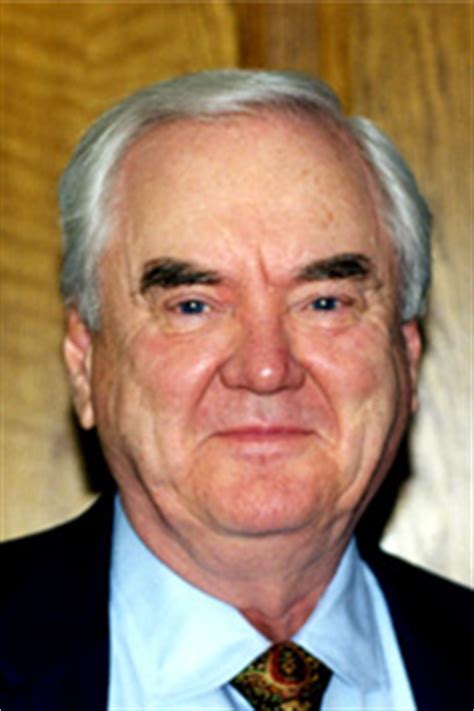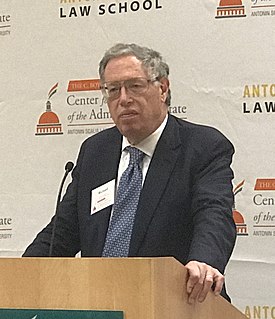A Quote by Craig A. Evans
All archaeologists in Israel and Palestine make use of the New Testament Gospels. They do this because the Gospels exhibit verisimilitude. In short, the Gospels help archaeologists know where to dig and they help archaeologists understand what they unearth. The 2nd-century Gospels and Gospel-like writings rarely exhibit verisimilitude, so archaeologists rarely appeal to them.
Related Quotes
The Gospel of Thomas, greatly favored in some circles, is ignored by archaeologists, primarily because it exhibits no verisimilitude. It tells us nothing about the historical Jesus and the world he and his disciples lived in. I've heard it said, that if all we had was the Gospel of Thomas, would we even know that Jesus was Jewish?
The crime of liberation theology was that it takes the Gospels seriously. That's unacceptable. The Gospels are radical pacifist material, if you take a look at them . . . Liberation theology, in Brazil particularly, brought the actual Gospel to peasants. They said, let's read what the Gospels say, and try to act on the principles they describe. That was the major crime that set off the Reagan wars of terror.
The trouble with Christianity was that by about 150, there were hardly any Jews left in the Christian church, and so from that time until the last part of the twentieth century, the only people reading the gospels and interpreting the gospels and writing commentaries on the gospels were gentiles who were simply ignorant of the Jewish background, and I just thought they were prejudiced.
The level above Man is called the Kingdom of Heaven or Kingdom of God in the Gospels. It has many other names in different writings. In the Gospels, it is said that the Kingdom of Heaven is within. It is at a higher level of a man. To reach it, a man must reach a higher level in himself. If everyone did this, the level of life on this earth would change.
All I am in private life is a literary critic and historian, that's my job...And I'm prepared to say on that basis if anyone thinks the Gospels are either legends or novels, then that person is simply showing his incompetence as a literary critic. I've read a great many novels and I know a fair amount about the legends that grew up among early people, and I know perfectly well the Gospels are not that kind of stuff.
The New Testament was not produced as a single work issued by an authoritative Church for the instruction of its members. The four Gospels were composed in different times and places over perhaps a third of a century, and for a time circulated separately among a number of other narratives of our Lord's life (of which the newly discovered fragment of an unknown gospel may have been one).




































